The National Association of Subrogation Professionals (NASP) published an article co-authored by subrogation attorney Matthew Fink titled “Snatching Defeat from the Jaws of Victory: When the Policyholder Recovers, but You Don’t!” in their Fall 2016 issue of The Subrogator.
The article discussed three common problems insurers face when pursuing recovery via subrogation, all of which are, unfortunately, presented by the insured.
While your insured is often required under the liability policy to notify their carrier and sign a release before they settle a claim, insureds and their counsel routinely choose not to do so. Using Tennessee’s subrogation laws as the control, Fink et. al. describe how to protect the subrogation claim when the insured has prejudiced an insurer’s subrogation rights by signing a release without informing the insurer.
The article also discusses ways to protect the subrogation claim when the insured’s attorney seeks reductions based on the common fund doctrine and made-whole arguments. The authors describe three choices the subrogee has when this situation arises:
- Notify the insured and their counsel that you, the carrier, are retaining subrogation counsel to protect your interests in the matter.
- Direct attorneys to participate actively in the litigation.
- Offer to defray some of the litigation costs.
While the specifics of this article pertain only to Tennessee subrogation laws, Fink states, “many other states employ these similar theories.” A subrogating carrier facing a common fund or made-whole argument should first:
- Know the full amount of the insured’s damages.
- The amount to be received from the wrongdoer, including the portions applied to different facets of the damages.
- Review the settlement agreement between the insured and the wrongdoer.
The main takeaway from this article is that a subrogee’s counsel should remain present and active in the investigatory process, settlement negotiations, etc., in order to maximize their chances of eventually achieving recovery. Without an express waiver, insurance carriers possess the right the right to recover losses via subrogation, so counsel should employ any and all avenues present to maximize their insurer’s potential to recover.
Matthew Fink has years of experience in civil litigation and general subrogation mediation. A part of the Rathbone subrogation team since 2014, he has experience working for plaintiffs, defendants, and subrogees. Fink handled multi-party civil suits at one of the largest subrogation law firms in Tennessee before joining Rathbone Group, and continues to hone his craft with us as a licensed subrogation-focused attorney in Tennessee and its Eastern District Federal Courts. Read his article to learn more about what to do when the policyholder recovers, but you don’t!Curious for other subrogation tips and topics? Rathbone Group provides free educational resources for subrogation professionals in our series, On Subrogation. Listen to it as a podcast or watch our videos on YouTube for attorney-led discussions on important subjects in insurance subrogation. Can’t find what you’re looking for? Suggest a new episode by sending your questions or suggestions to video@rathbonegroup.com or podcast@rathbonegroup.com.
